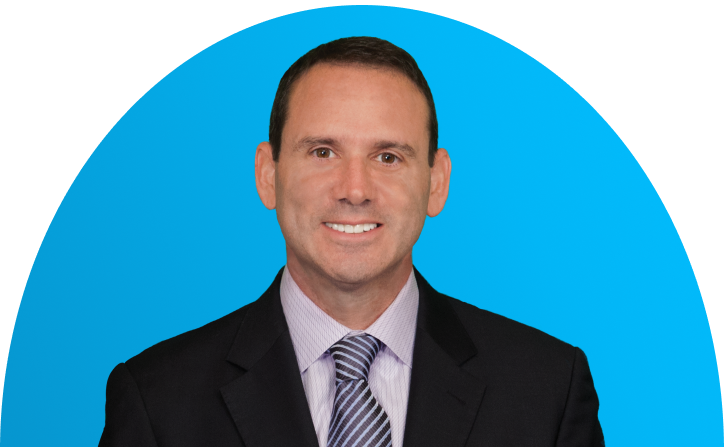If you are a medical provider, you may already understand what a “PIP suit” is because possibly you’ve encountered issues with auto insurance companies underpaying, delaying, or denying your medical claims. However, if you are unfamiliar with how a PIP attorney can help your medical practice, we’re here to explain. Our goal is to educate medical providers on this issue so they are better able to formulate intra-office policies to deal with new changes in the law and for us to become a resource of information.
Florida’s minimum requirements for auto insurance include only two types of coverage – one of which is $10,000 in Personal Injury Protection (PIP) coverage. PIP will provide direct payment to medical providers for medical bills and payment directly to an auto accident victim for lost wages (subject to some limitations).
PIP is a no-fault coverage which means PIP insurance covers the auto insurance policyholder and certain family members who reside in the policyholder’s home, regardless of who was at-fault for the auto accident. But, PIP is a limited coverage because it will only pay for 80% of the victim’s medical costs related to the auto accident and 60% of the victim’s lost wages up to $10,000.
It is important to note that often when an auto accident victim seeks medical treatment and becomes the patient of a medical practitioner, such as a chiropractor, MRI facility, orthopedic surgeon, etc., they will sign a form called an assignment of benefits (or AOB). The AOB assigns the patient’s rights to their medical provider. The AOB is absolutely necessary if the medical provider wishes to file a lawsuit (in this case what’s commonly referred to as a “PIP suit”) against a patient’s auto insurance company.
At this point you may be asking, “But why exactly would a medical provider want to sue the patient’s auto insurance company?”
Auto insurance companies, like any other business, have a bottom line. At times, this leads to practices such as those previously mentioned – underpaying, delaying, or denying payments to medical providers. Of course, there may be a valid reason for the insurance company to take any of these actions but, more often than not, they are simply trying to avoid paying the medical providers for treatments that were already provided. The insurance company may state that they never received the medical bills or even alter the coding in order to pay the medical provider less. If more and more claims get denied, underpaid, or delayed, the medical provider’s accounts receivable will continually increase and lead to significant write-offs and/or bad debt.
This is where a PIP attorney can step in to help the medical provider get paid properly on medical bills that were timely submitted to an insurance company.
Medical providers and billing managers must carefully scrutinize ALL Explanations of Benefits (EOBs) and Explanations of Reviews (EORs) that come in. If you see an “allowed amount” as being $0, or anything that indicates the charge will not be paid, mark it for review as there is a potential issue. If you see office visits being down coded (for example, 99204 to 99202), that is a reduction ripe for demand. If your patient is sent for an IME and benefits are subsequently suspended, that is a claim ripe for demand. Essentially, anytime the EOBs/EORs indicate no payment you have a likely issue for PIP demand. Take time to read the explanation code on the EOB/EOR which gives the reasoning for denial. While a small percentage are legitimate denials (i.e., no coverage), the majority are not. So when in doubt, ask us!
Our attorneys and staff are available to audit your billing records to determine the presence and likely success of PIP claims you probably have in your very office. If you are a medical provider, current or prospective, and have any questions regarding whether or not you have a potential claim, please give us a call. We are here to assist you.

“I served in the US Army and at the State Attorney’s Office. Now I’m here to serve you.” -Harvey V. Cohen